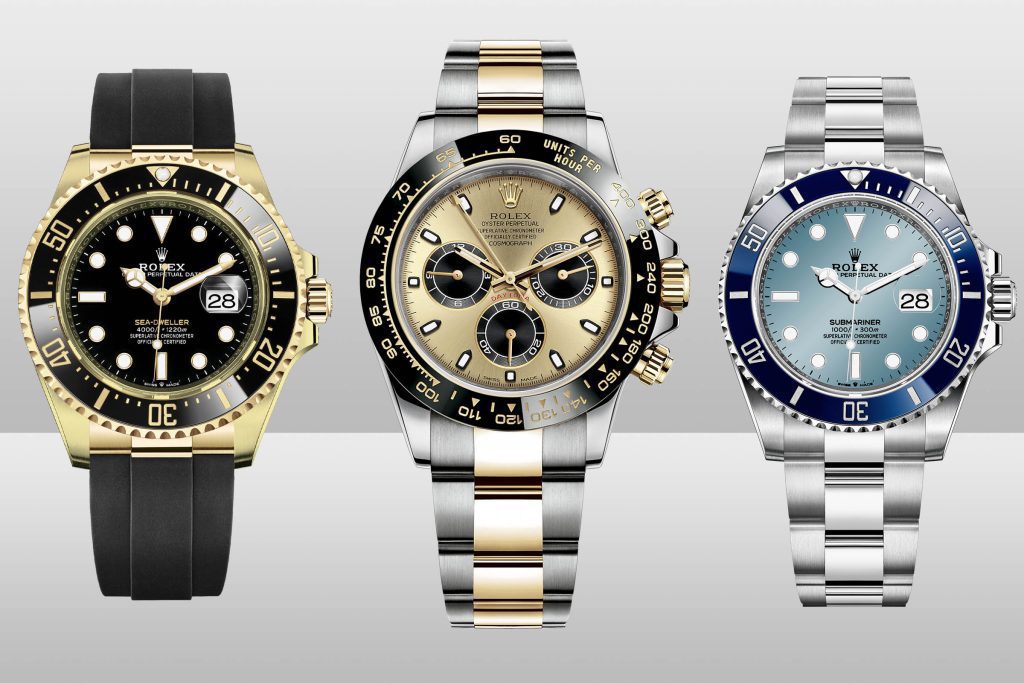Consumer acceptance and continuous technological advancement are crucial when it comes to fashion technology. Adoption occurs organically because both businesses are future-driven and consumer-focused. However, not all technological advancements are appropriate for the fashion sector.
Technologies Creating The Future Of Fashion:
The top fashion breakthroughs affecting the future of fashion range from internet influencers to AI and material innovation. Here are some fashion technology solution companies:
Seaweed-based Fabric:
Algiknit is a company that manufactures textiles and fibers from kelp, a type of seaweed. To reduce waste, the biopolymer combination is extruded into a kelp-based thread that may be knitted or 3D printed. However, the finished knitwear is biodegradable and may be colored in a closed-loop cycle with natural pigments.

Biodegradable Glitter:
BioGlitz is the world’s first biodegradable glitter manufacturer. The eco-glitter is compostable and biodegradable, thanks to a proprietary recipe derived from eucalyptus tree extract. Excellent fashion innovation because it allows for the long-term consumption of glitter without the environmental harm caused by microplastics.

Software For Circular Fashion:
BA-X has developed new cloud-based software that integrates circular design with circular retail models and closed-loop recycling technology. However, the technology enables fashion brands to develop, sell, and circularly recycle items, resulting in less waste and pollution. Clothes have an identity tag attached that connects to a reverse supply chain network.
Tree-Based Textiles:
The kapok tree develops organically, without the usage of herbicides or insecticides. Furthermore, it grows in arid terrain that is unsuitable for agricultural farming, providing a sustainable alternative to high-water-use natural fiber crops like cotton. ‘Flocus’ is a corporation that has developed a novel process for obtaining natural yarns, fillers, and fabrics from kapok fibers.
Apple-derived Leather:
Apple pectin a byproduct of the production process that frequently discarded. Frumat’s new technique, on the other hand, permits the utilization of apple pectin to make sustainable and compostable materials. The brand creates a leather-like material out of apple skins that are sturdy enough to used to build luxury items. Furthermore, these vegan apple leathers can dyed and tanned without the need for hazardous chemicals.
Apps For Rating Fashion:
The number of fashion rental apps is growing. These apps intended to provide ethical ratings for thousands of different fashion labels. These rankings are determined by the brands’ impact on people, animals, and the environment. The grading system converts consumer-ready point scores from standards, certifications, and publicly available data. However, these apps encourage transparency in the fashion business and enable buyers to make informed purchasing decisions.

